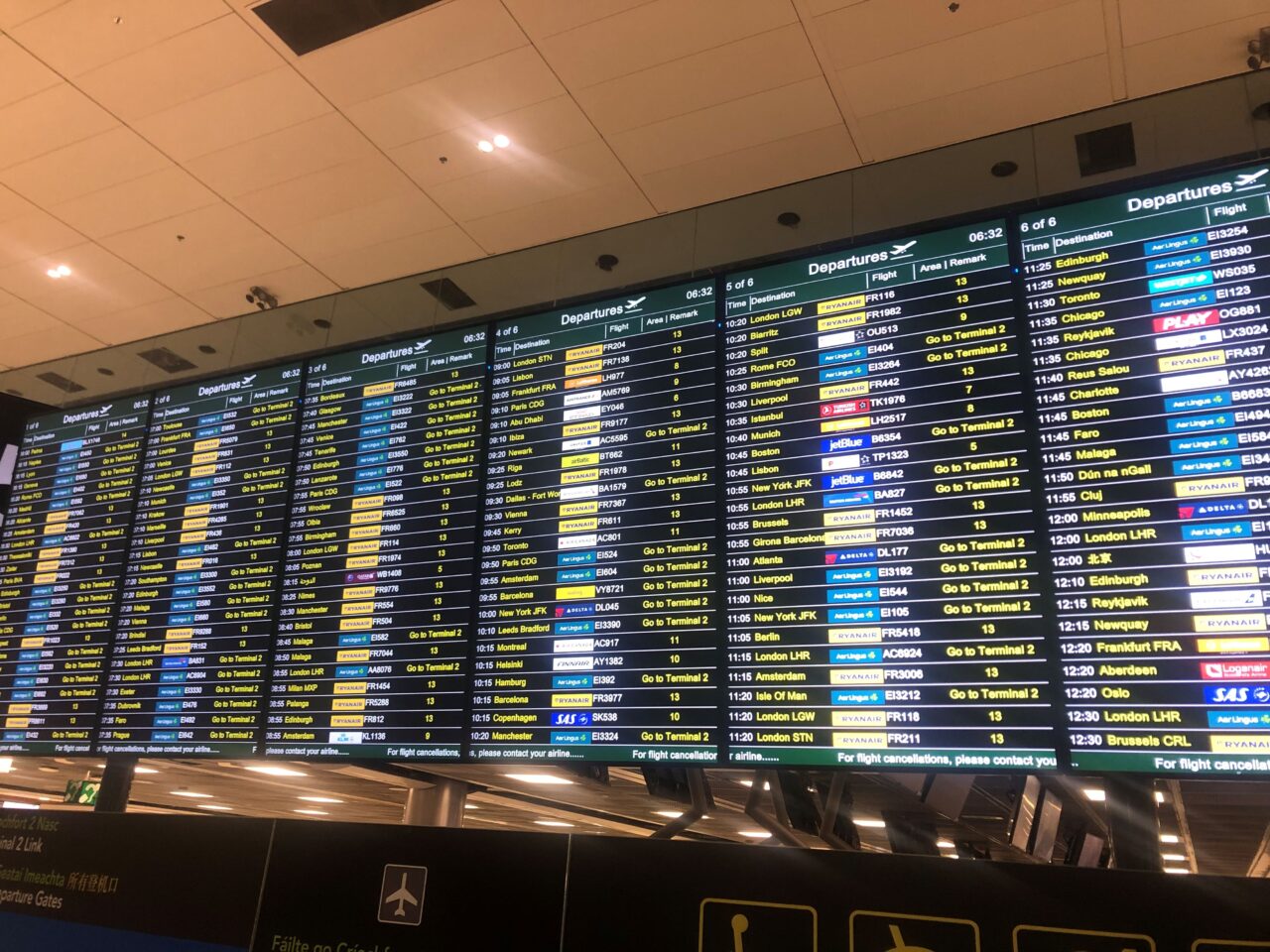Relocating to a new country sounds like a dream come true, doesn’t it? For many of us, especially those from developing countries like Kenya, Nigeria, Zimbabwe and the like, the idea of moving abroad symbolizes freedom, wealth, and endless opportunities. But let’s keep it real—relocating is no fairy tale. It’s a full-on rollercoaster ride that will test your emotional, physical, and mental limits.
Life overseas is one long vacation as portrayed by social media
Growing up, we used to watch Hollywood movies and music videos showing streets lined with skyscrapers, money everywhere and people driving flashy cars. Social media took it even further. Instagram influencers posting aesthetic coffee shots and weekend getaways in Paris, making it look like life overseas is one long vacation.

Misleading Stories from the Diaspora
And let’s not forget the aunties and uncles who relocated and only send back their photos of success—never the struggle. They conveniently forget to mention working 16-hour shifts, being isolated, or battling winter depression.
Why people choose to relocate from their home countries
To start this blog, we are going to look into reasons why poeple leave their homes, families, friends even jobs and immigrate to a different country.
1. For Education
The younger generation mostly move to countries like Canada, the UK, United states of America, Australia and the likes to access high quality education and qualifications as well as exposure.
2. For Better Job Opportunities
With youth unemployment rampant in most developing countries, relocating becomes a survival tactic. Other parts of the world apart from Africa, there’s hope that if you work hard, you’ll be rewarded fairly.
3. For Marriage or Family
Love knows no borders. Some relocate to join a spouse or reunite with family members.
4. For Permanent Residency or Asylum
Others are forced out of their homes and countries like the likes of Ukraine, Gaza, political instability, or economic collapse. For them, relocation is a necessity, not a choice.
This list is by no means exhaustive as there are far more and other reasons may not be as common like the ones listed above.
The emotional rollercoaster of leaving home
1. Sad goodbyes
The hardest part of relocating is having to say goodbye to loved ones. Actally it’s heartbreaking. You feel like you’re leaving a piece of yourself behind.
2. The fear of the unknown
What if I fail? What if I can’t make friends? What if I don’t find work? The “what-ifs” can paralyze even the most courageous hearts. Its worse if you had to take loans or sell property in order to afford the costs involved.
While most people will probably not worry at the beginning of their relocation, it normally starts to hit after the first month unless you relocate with a new job already in place.
3. Culture shock
a) Language barriers and communication struggles
Imagine trying to get directions in German when all you know is your native language or English. Frustrating, right? Communication becomes a daily struggle. Even the simple things like grocery shopping becomes a nightmare. Woe unto you if you have to go to the doctor who does not speak English or your own language for that matter.
b) Adapting to social norms and customs
You’ll quickly realize that saying “hi” to strangers, hugging, or even negotiating prices may not be common in some cultures. The way things are done in some parts of the world is not the way we do them back home. Whichever part of the world you come from, we are all so different and so are our customs and traditions that define and shape who we are.
For example being Kenyan and African, discipline is instilled in us from a very early age. We know to respect especially the elders. If you board a bus as a minor and you happen to sit down, if an elderly person or a pregnat woman also boards and there is no vacant seat you are obliged to get up and let the elder take your seat. This is especially if the elder is very frail. Ofcourse things are changing with westernisation the society’s morals are sort of eroding but the basics are still intact.
4. Weather woes
a) From sunshine to snowstorms
If you’ve never seen snow before, your first winter may feel magical. But wait until you have to shovel snow at 5 am just to get to work.
5. The novelty that quickly fades
Trust me, that snowy Insta photo loses its charm when your fingers are numb, your nose is leaking, and you’re late for class because of a blizzard.

6. Living alone in a foreign land
a) Loneliness and mental health challenges
Homesickness is real. You’ll miss your mom’s cooking, your sibling’s annoying jokes, and even the noisy boda bodas back home. You will miss our african communal spirit and togetherness. In other parts of the world, everyone is too busy such that you have to make an appointment to see your relations or friends. You may live in the same area but never meet. In some parts of the world some people work 3 different jobs to be able to afford life there. If it’s a family with children you operate on tag team between husband and wife. Children are raised in dayscare by strangers. It’s sad but its the reality.
b) Depression among immigrants
Many immigrants go into depression after a while especially if they have no family or friend to guide them. Sometimes ”supposed” friends will avoid you because they consider you a burden.
You may move to a country like Canada with a degree in medicine from a Kenyan univesrity and with a job but in search of better paying job. You arrive in Canada only to discover that your foreign qualification is not that good so you have to upskill and do a course in Canada before you can be considered to work as a doctor. This could be a setback and usually involves alot of financial spending.
Also some qulifications are not very marketable when acquired in African countries and you end up in a different line of work like healthcare when your qualification was economics from your home country.
7. The harsh economic reality
a) Juggling multiple jobs
Many immigrants work two or three jobs just to survive. The hustle is real—mornings at a café, evenings at a warehouse, and weekends cleaning houses.
b) Paying bills, taxes, and supporting family back home
Rent, utilities, food, insurance… then there’s black tax—sending money home to support your family. Then if you took a loan took a loan to travel you need to pay it back. It can feel like you’re barely staying afloat.
The myth of “easy money”
Money doesn’t grow on trees—despite the jokes. Every cent earned abroad is tied to hours of sweat, sacrifice, and silent struggles.
The Cost of Living and Saving
Sure, you earn more, but you also spend more. From high rent to expensive groceries, taxes, car loans you might not save as much as you expect.
Balancing personal growth with family expectations
You want to invest in yourself—maybe take a course or buy a house—but you’re expected to build one for your parents first. It’s a tough balance.
Finding Community Abroad
Diaspora Groups and Support Systems
Connecting with fellow countrymen can make a huge difference. From churches to student groups, support is out there.
Most importantly being african or non native you will face some form of racism at some point in your life especially when away from home. It could be subtle or full blown in your face and it could be hard to fit in so always try and connect with fellow countrymen and women as quickly as you start to settle.
Take home
Relocating abroad is one of the hardest, bravest decisions anyone can make. It’s not always glamorous, and it’s rarely easy. But it’s also not impossible. The key lies in preparation, resilience, honesty, and staying true to yourself. Let’s normalize telling both sides of the story—the struggles and the victories—so the next generation of dreamers can make informed decisions, not illusions.

FAQs
1. Is it worth relocating to a foreign country?
Yes, if you’re mentally, financially, and emotionally prepared. The rewards can be great, but so are the challenges.
2. What’s the biggest challenge when relocating?
Culture shock and loneliness are often the toughest. Learning to adapt takes time and patience.
3. How can I prepare before moving abroad?
Research the country, connect with diaspora groups, learn the basics of the local language, and save money.
4. Can I make good money abroad?
Yes, but it takes time. You’ll likely start small, work hard, and gradually build financial stability.
5. Is it normal to feel depressed after relocating?
Absolutely. Many people go through post-relocation depression. It’s important to seek support and talk to someone.
Please don’t forget to leave a review.
